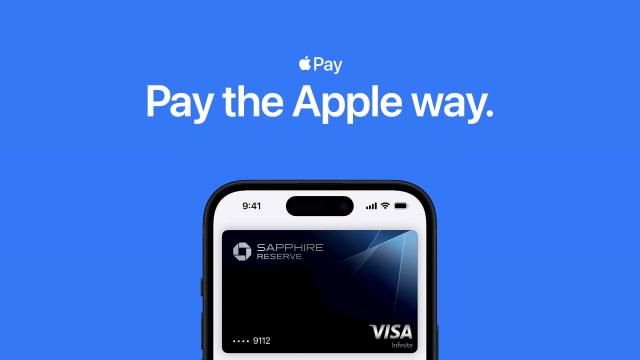The Consumer Financial Protection Bureau (CFPB) today finalized a rule to supervise Apple and other nonbank companies offering digital funds transfer and payment wallet apps.
The rule will help the CFPB to ensure that these companies – specifically those handling more than 50 million transactions per year – follow federal law just like large banks, credit unions, and other financial institutions already supervised by the CFPB. The CFPB estimates that the most widely used apps covered by the rule collectively process over 13 billion consumer payment transactions annually.
"Digital payments have gone from novelty to necessity and our oversight must reflect this reality," said CFPB Director Rohit Chopra. "The rule will help to protect consumer privacy, guard against fraud, and prevent illegal account closures."
The final rule will enable to the CFPB to supervise companies in key areas including:
● Privacy and Surveillance: Large technology companies are collecting vast quantities of data about an individual's transactions. Federal law allows consumers to opt-out of certain data collection and sharing practices, and also prohibits misrepresentations about data protection practices.
● Errors and Fraud: Under longstanding federal law, consumers have the right to dispute transactions that are incorrect or fraudulent, and financial institutions must take steps to look into them. The CFPB is particularly concerned about how digital payment apps can be used to defraud older adults and active duty servicemembers. Some popular payment apps appear to design their systems to shift disputes to banks, credit unions, and credit card companies, rather than managing them on their own.
● Debanking: Given the volume of payments consumers make through many popular payment apps, consumers can face serious harms when they lose access to their app without notice or when their ability to make or receive payments is disrupted. Consumers have reported concerns to the CFPB about disruptions to their lives due to closures or freezes.
Today's rule gives CFPB authority to conduct proactive examinations to ensure companies are complying with the law. The transaction threshold to determine which companies require supervision is 50 million annual transactions. The CFPB also limited the rule's scope to count only transactions conducted in U.S. dollars.
The rule will be effective 30 days after publication in the Federal Register.
Read More


The rule will help the CFPB to ensure that these companies – specifically those handling more than 50 million transactions per year – follow federal law just like large banks, credit unions, and other financial institutions already supervised by the CFPB. The CFPB estimates that the most widely used apps covered by the rule collectively process over 13 billion consumer payment transactions annually.
"Digital payments have gone from novelty to necessity and our oversight must reflect this reality," said CFPB Director Rohit Chopra. "The rule will help to protect consumer privacy, guard against fraud, and prevent illegal account closures."
The final rule will enable to the CFPB to supervise companies in key areas including:
● Privacy and Surveillance: Large technology companies are collecting vast quantities of data about an individual's transactions. Federal law allows consumers to opt-out of certain data collection and sharing practices, and also prohibits misrepresentations about data protection practices.
● Errors and Fraud: Under longstanding federal law, consumers have the right to dispute transactions that are incorrect or fraudulent, and financial institutions must take steps to look into them. The CFPB is particularly concerned about how digital payment apps can be used to defraud older adults and active duty servicemembers. Some popular payment apps appear to design their systems to shift disputes to banks, credit unions, and credit card companies, rather than managing them on their own.
● Debanking: Given the volume of payments consumers make through many popular payment apps, consumers can face serious harms when they lose access to their app without notice or when their ability to make or receive payments is disrupted. Consumers have reported concerns to the CFPB about disruptions to their lives due to closures or freezes.
Today's rule gives CFPB authority to conduct proactive examinations to ensure companies are complying with the law. The transaction threshold to determine which companies require supervision is 50 million annual transactions. The CFPB also limited the rule's scope to count only transactions conducted in U.S. dollars.
The rule will be effective 30 days after publication in the Federal Register.
Read More



